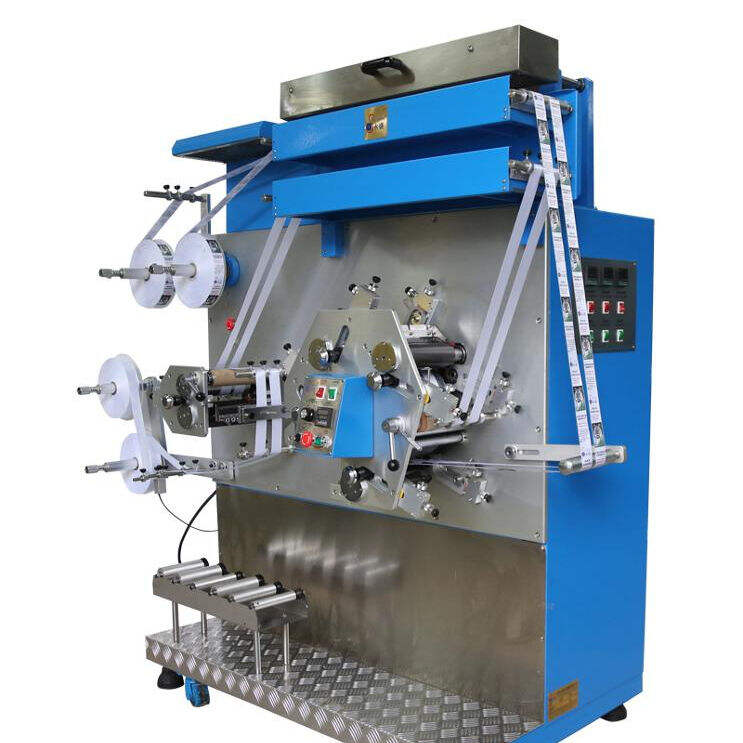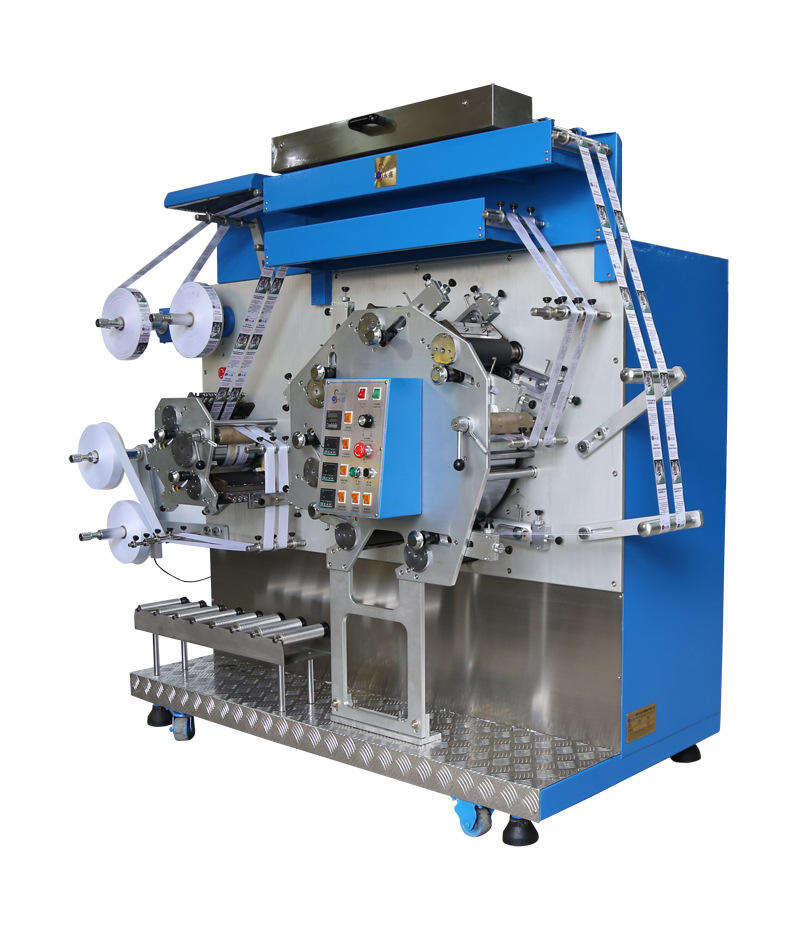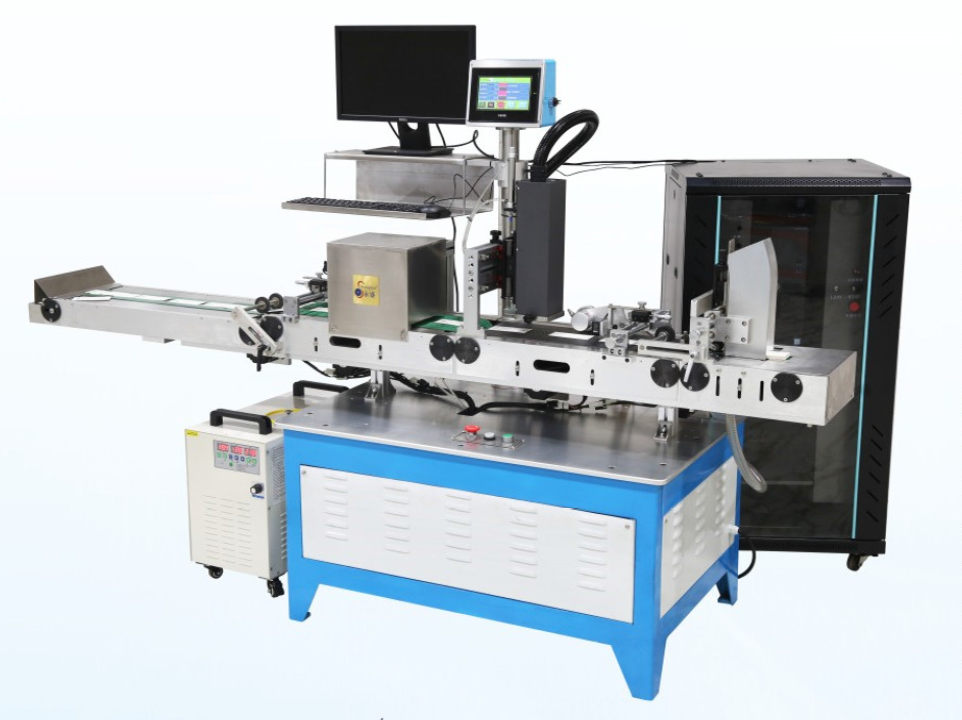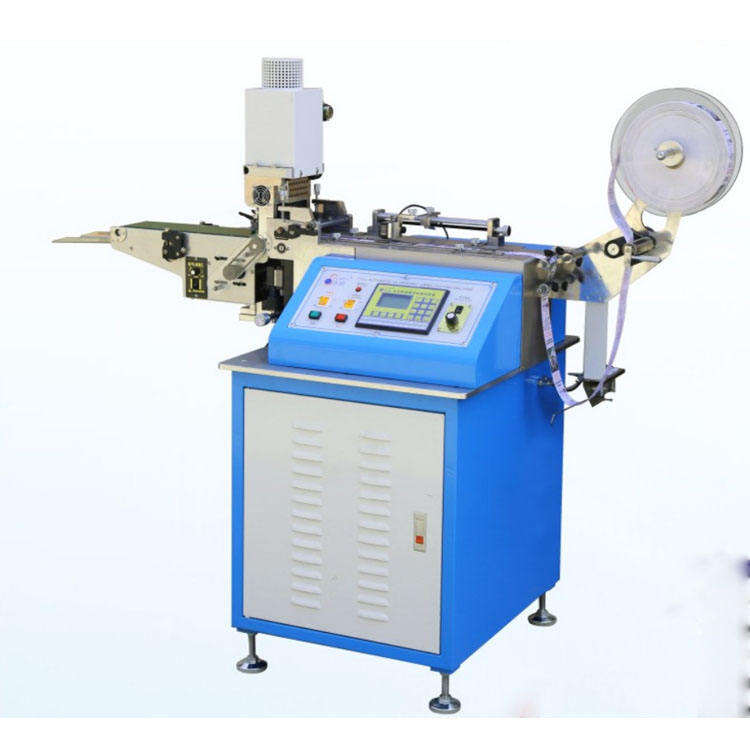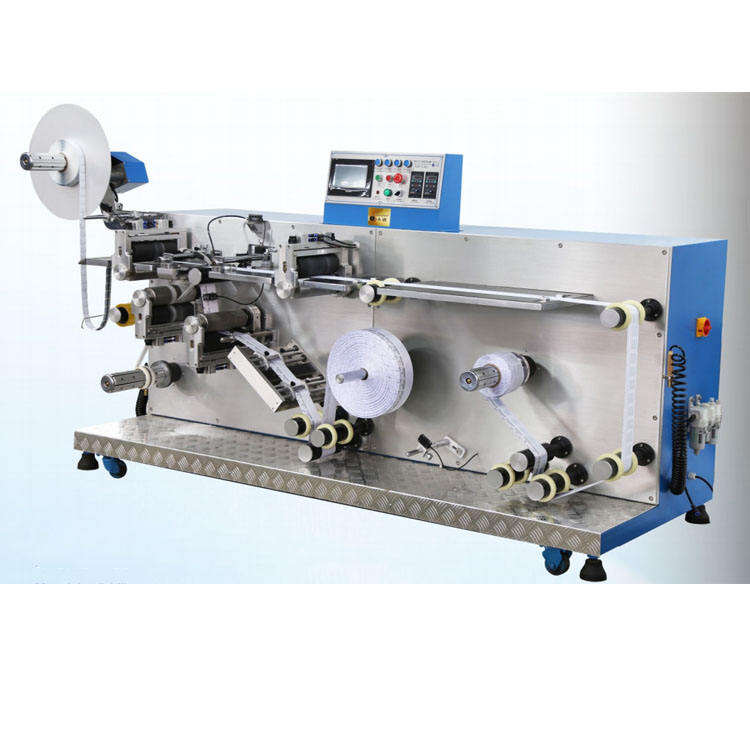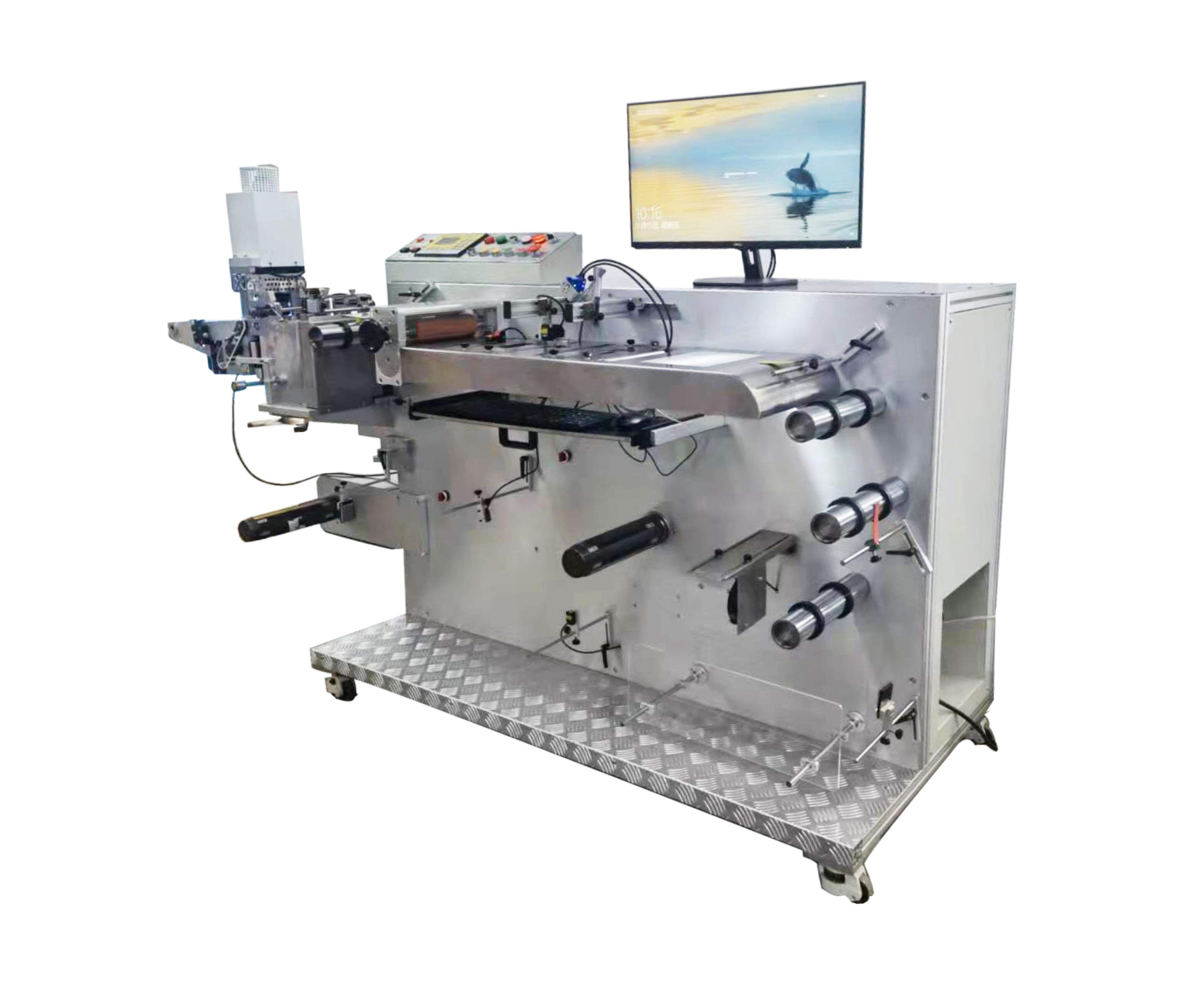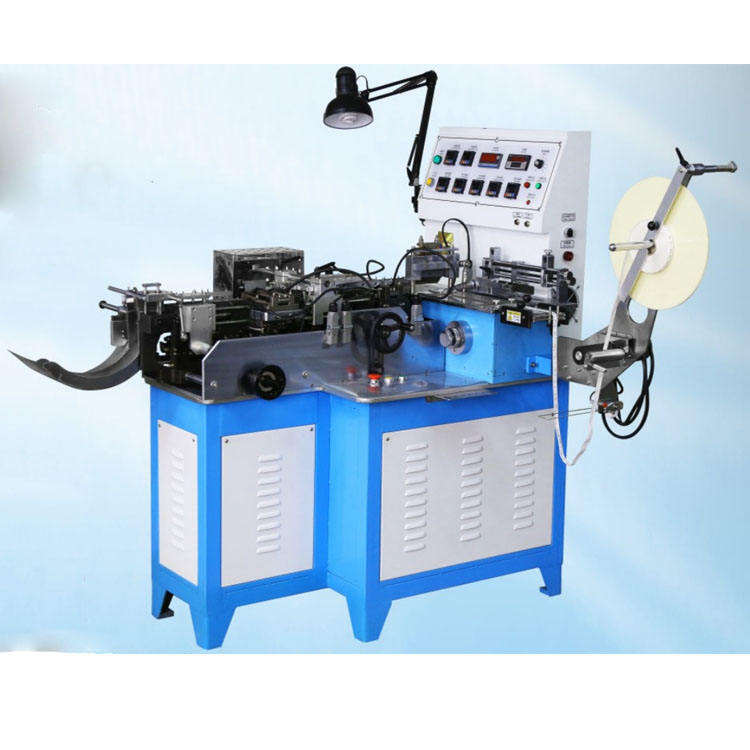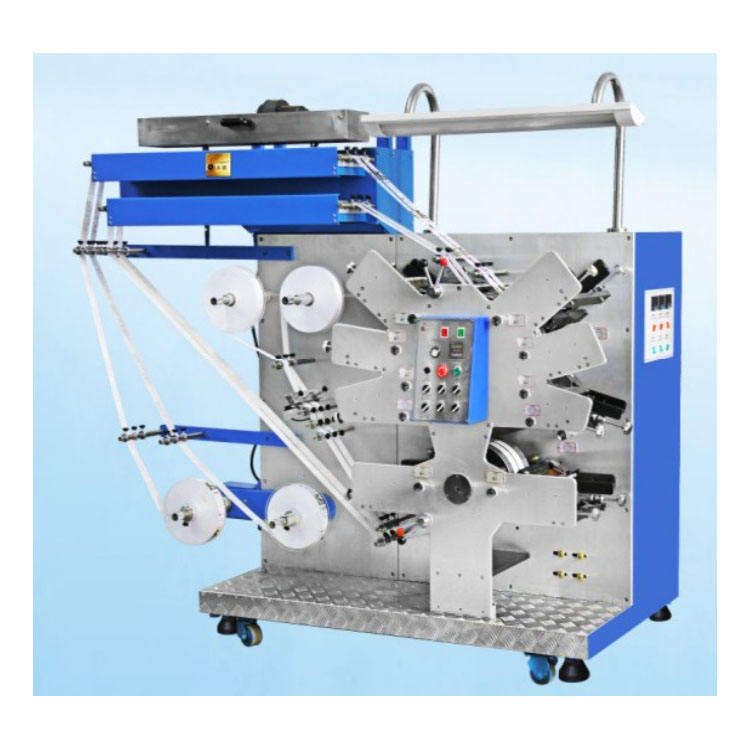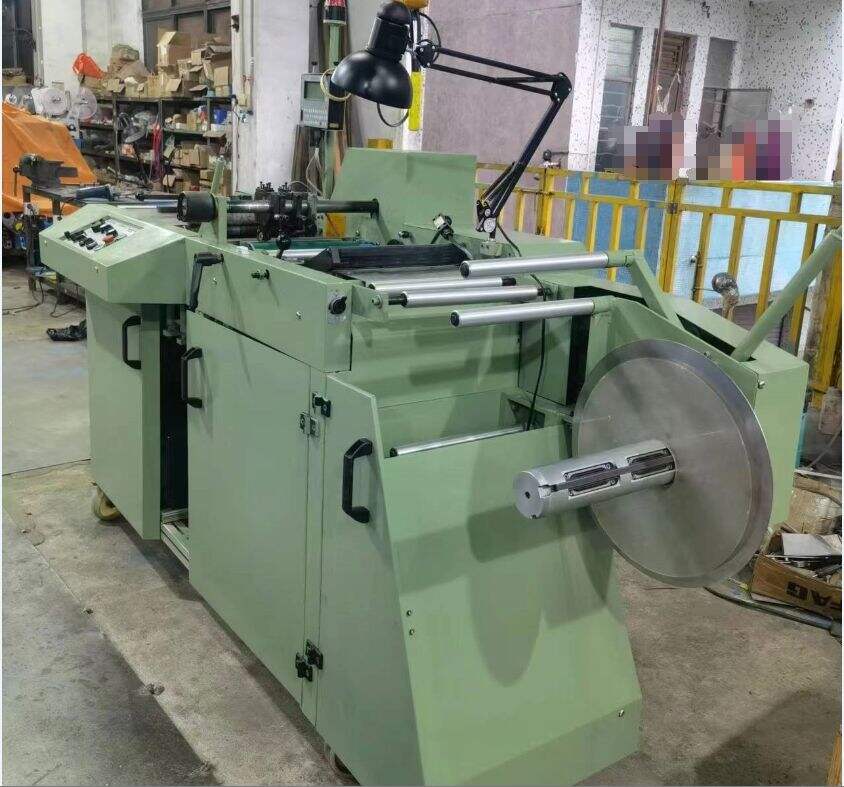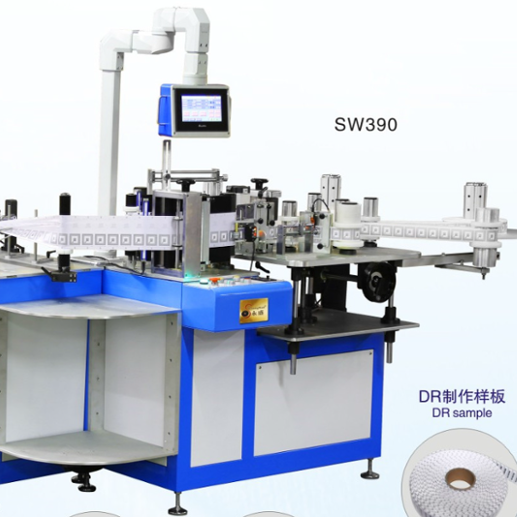RFID Labeling Machine: Integrating Automation into Modern Supply Chains
How RFID Labeling Machines Transform Modern Supply Chains
Real-Time Inventory Tracking and Visibility
RFID labeling machines are pivotal in transforming supply chains through enhanced visibility and real-time tracking capabilities. These machines utilize radio frequencies to automatically identify and track tags attached to products as they move through various stages, drastically reducing the need for manual labor typically involved in inventory management. According to a report from ABI Research, companies implementing RFID technology can decrease inventory inaccuracies by 30% or more, offering a significant improvement over traditional methods. Additionally, real-time data acquisition supports better decision-making, allowing for swift responses to any supply chain disruptions that may occur. This seamless integration ensures that businesses maintain optimal inventory levels, minimizing the risk of surplus stock and fostering a more efficient supply chain.
Enhanced Data Accuracy Through Automation
The automation provided by RFID labeling machines significantly enhances data accuracy within supply chains. By reducing the potential for human errors associated with manual data entry, RFID systems ensure that each tag carries accurate product information, thus allowing businesses to maintain precise inventory records. A study by MIT noted that adopting RFID technology can lead to a 99% accuracy rate in inventory counts, highlighting the profound impact on operational efficiency and financial performance. This level of data accuracy is not just beneficial but essential for maintaining robust supply chain operations, thus enabling businesses to comply with industry standards and improve their overall logistical processes. Ultimately, the integration of RFID systems paves the way for a well-organized, error-free inventory management system.
Essential Components of Advanced RFID Labeling Systems
Wireless Integration for Seamless Communication
Advanced RFID labeling machines are revolutionizing supply chain systems with their wireless integration capabilities. These cutting-edge machines facilitate seamless communication by connecting with existing supply chain management systems, enhancing operational efficiency. Wireless technologies enable the transfer of data without the need for physical connections, offering real-time updates and flexibility in operations. A report by Gartner highlights that businesses adopting wireless systems experience increased operational efficiency and reduced costs. Such seamless communication is vital, especially for complex supply chains that demand immediate and constant interaction between different stakeholders.
High-Speed Print-and-Apply Labeling Mechanisms
RFID labeling machines are equipped with high-speed print-and-apply mechanisms, significantly boosting labeling operations. These machines allow companies to label products quickly and efficiently, ramping up throughput in high-demand environments. The high speed at which these machines operate—over 1,000 items labeled per hour—adds noticeably to productivity, ensuring no delays in preparing products for shipment. Additionally, the mechanisms are programmable to adjust labels based on specific product needs, allowing for enhanced customization and efficiency in labeling processes. Such capabilities are essential in optimizing productivity and maintaining a smooth workflow in busy production lines.
Leading Industrial Applications for RFID Labeling Machines
Pharmaceutical Compliance and Traceability
In the pharmaceutical industry, RFID labeling machines are crucial for ensuring compliance with stringent regulations and enhancing traceability throughout the supply chain. RFID tags provide accurate tracking of drugs, which helps prevent counterfeit products from infiltrating the market. According to the World Health Organization, employing RFID technology can significantly enhance patient safety and medication management in clinical settings. Moreover, companies leveraging RFID report remarkable reductions in losses due to recalls and counterfeit issues, underscoring the importance of RFID labeling in safeguarding pharmaceutical integrity.
Retail Inventory Optimization and Theft Prevention
RFID labeling machines have become vital tools for inventory optimization in the retail sector, allowing for precise stock management and efficient replenishment. These machines assist in theft prevention by enabling real-time monitoring of items and analyzing patterns for potential theft incidents. Retailers using RFID tagging have seen inventory shrinkage rates drop by as much as 50%, demonstrating the technology's impact on security. Furthermore, improved customer experiences stem from the ability to maintain accurate stock levels, ensuring products are available when customers need them, thereby enhancing overall satisfaction.
Selecting the Right RFID Labeling Machine Provider
Evaluating Technical Expertise and Customization
When choosing an RFID labeling machine provider, evaluating their technical expertise is crucial. This helps ensure they can meet specific operational needs, offering solutions tailored to your business's supply chain. It's vital to select a provider with a strong track record of providing customizable solutions that align with your unique requirements, from the intricacies of RFID data management to seamless integration with existing systems. Furthermore, examining case studies or testimonials from similar industries can give insights into the provider's capabilities. Equally important is the provider's commitment to offering comprehensive end-to-end support, from installation to maintenance, which is a hallmark of quality service in RFID technology.
Balancing Cost Efficiency with Scalability
Achieving a balance between cost efficiency and scalability is essential when selecting an RFID labeling machine. Businesses must consider the total cost of ownership, which includes initial investments, operational costs, and long-term savings derived from increased efficiency. Analyzing these factors provides a clearer picture of the system's long-term value. Importantly, scalability must be a priority, as businesses may expand or change operational scale. This requires a provider capable of offering upgrades or expansions to the RFID systems in place. According to a report by Credence Research, the global RFID market is poised for growth, underscoring the need for solutions that can adapt to changing market demands. Therefore, prioritizing scalable solutions ensures operational continuity as the business evolves.
Key Innovations in RFID Labeling Technology
AI-Driven Predictive Maintenance Systems
Innovations in RFID technology now encompass AI-driven predictive maintenance systems, which leverage data analytics to forecast potential equipment failures. These predictive systems are designed to prevent operational downtime by alerting businesses of maintenance needs before issues arise, effectively saving costs and enhancing productivity. A study by McKinsey confirms that predictive maintenance can reduce maintenance costs by up to 25% while extending machinery lifecycle. This advancement in technology enhances the efficiency of RFID labeling machines, ensuring continuous productivity and reliability in business operations.
Sustainable Materials for Eco-Friendly Labeling
The shift towards sustainability in manufacturing has prompted the development of eco-friendly materials for RFID labeling systems. These sustainable labeling options minimize the environmental impact of packaging while retaining RFID functionality. According to a report by Smithers Pira, the demand for sustainable label materials is expected to grow significantly in the coming years. Providers focusing on integrating sustainable practices are appealing to a growing consumer base who prioritize environmentally-conscious products. Businesses that adopt eco-friendly RFID labeling solutions can position themselves as industry leaders in sustainability, offering both ethical and practical advantages.
FAQs
What are RFID labeling machines used for?
RFID labeling machines are used for automatic identification and tracking of products in supply chains to improve inventory oversight and reduce manual labor.
How do RFID labeling machines enhance supply chain efficiency?
By providing real-time visibility and accurate data tracking, RFID labeling machines help optimize inventory levels, prevent stock surplus, and streamline operations.
In which industries are RFID labeling machines widely applied?
RFID labeling machines have applications in industries like pharmaceuticals and retail for compliance, traceability, inventory optimization, and theft prevention.
What should companies consider when selecting an RFID labeling machine provider?
Companies should assess providers based on technical expertise, customization capabilities, cost efficiency, scalability, and post-purchase support.
Are there eco-friendly options for RFID labeling?
Yes, there are sustainable material options available for RFID labels to minimize environmental impact while maintaining functionality.
Recommended Products
Hot News
-
Reflect On The Cultural Significance Of The Printing Press In Preserving And Disseminating Knowledge
2023-12-08
-
The Role Of The Printing Press In The Global Economy
2023-12-08
-
Environmental Impact: Analyzing The Environmental Footprint Of The Printing Industry
2023-12-08
-
The Frontier Of Printing: 3d Printing And Its Industrial Renaissance
2023-12-08
-
The Evolution And Impact Of The Printing Press
2023-12-08
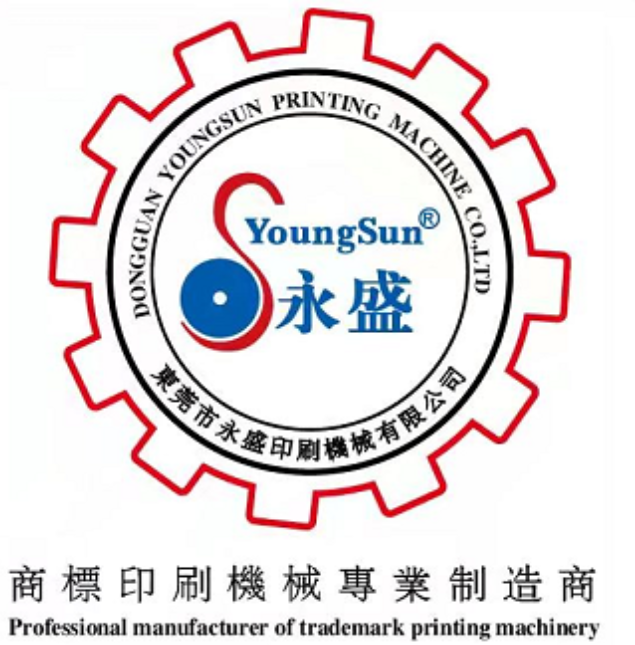
 EN
EN
 AR
AR
 CS
CS
 DA
DA
 NL
NL
 FI
FI
 FR
FR
 DE
DE
 EL
EL
 HI
HI
 IT
IT
 JA
JA
 KO
KO
 PL
PL
 PT
PT
 RO
RO
 RU
RU
 ES
ES
 SV
SV
 IW
IW
 ID
ID
 VI
VI
 SQ
SQ
 HU
HU
 MT
MT
 TH
TH
 TR
TR
 AF
AF
 GA
GA
 BN
BN
 BS
BS
 LO
LO
 LA
LA
 MI
MI
 MN
MN
 NE
NE
 MY
MY
 KK
KK
 UZ
UZ
 KY
KY
